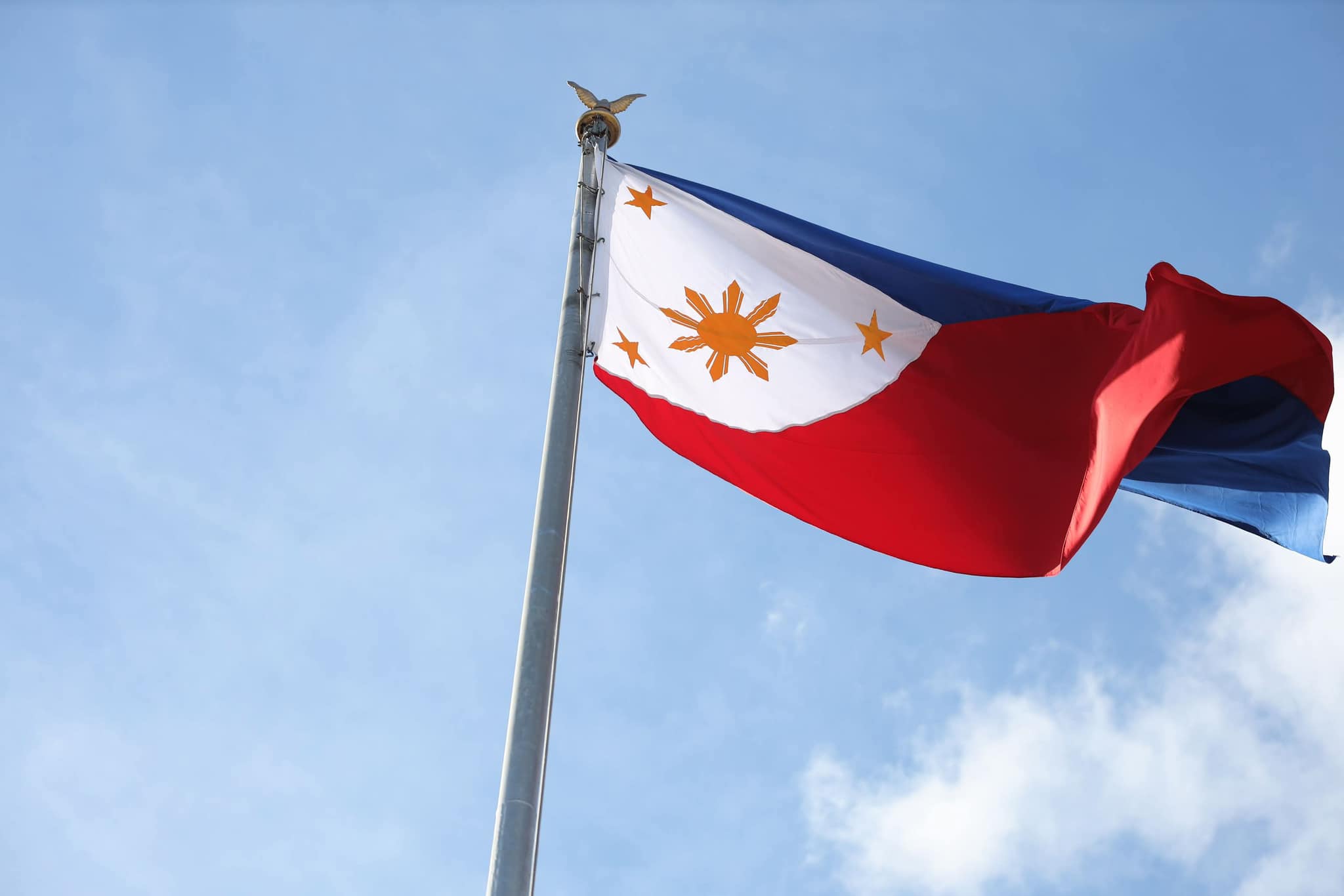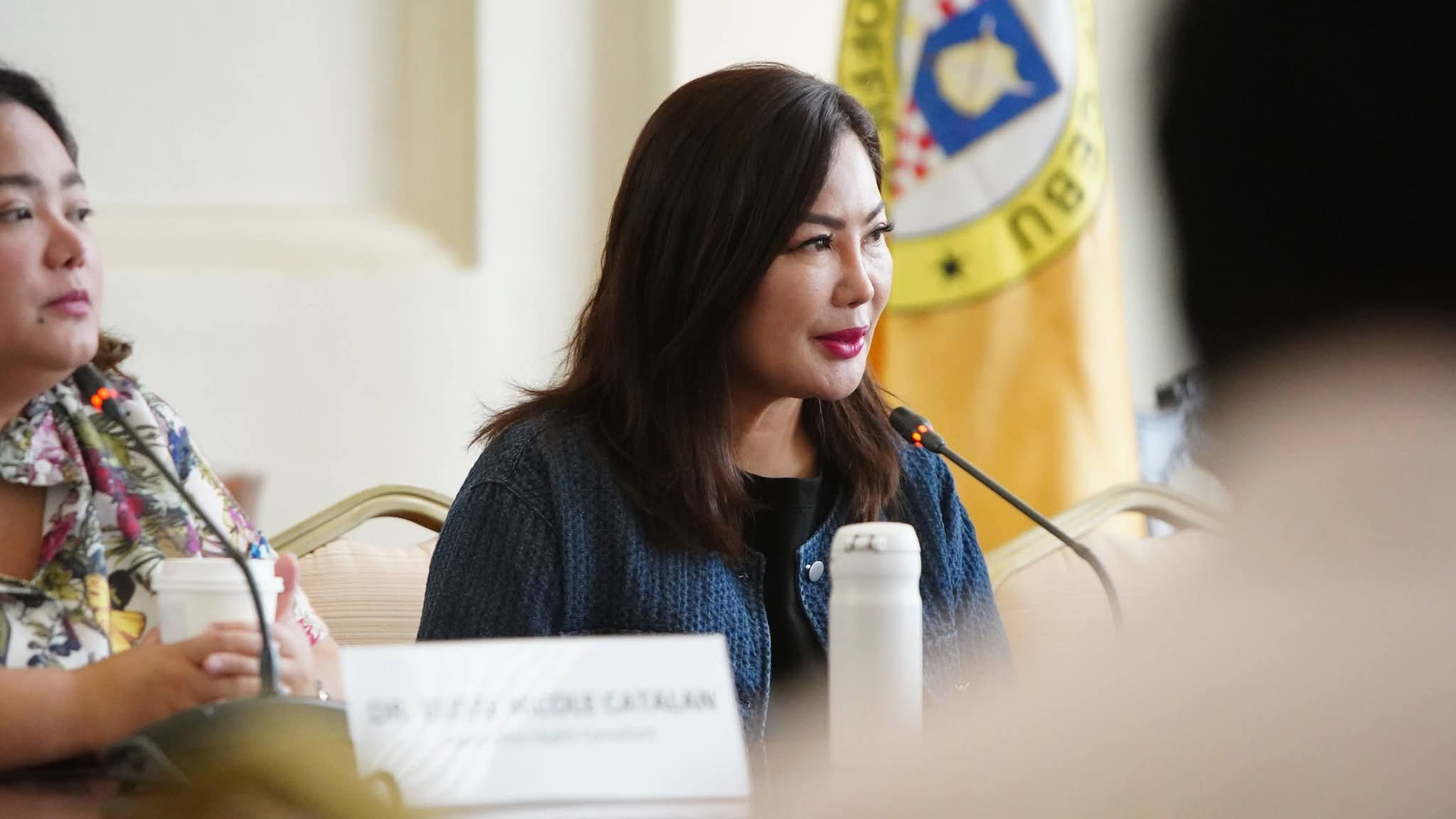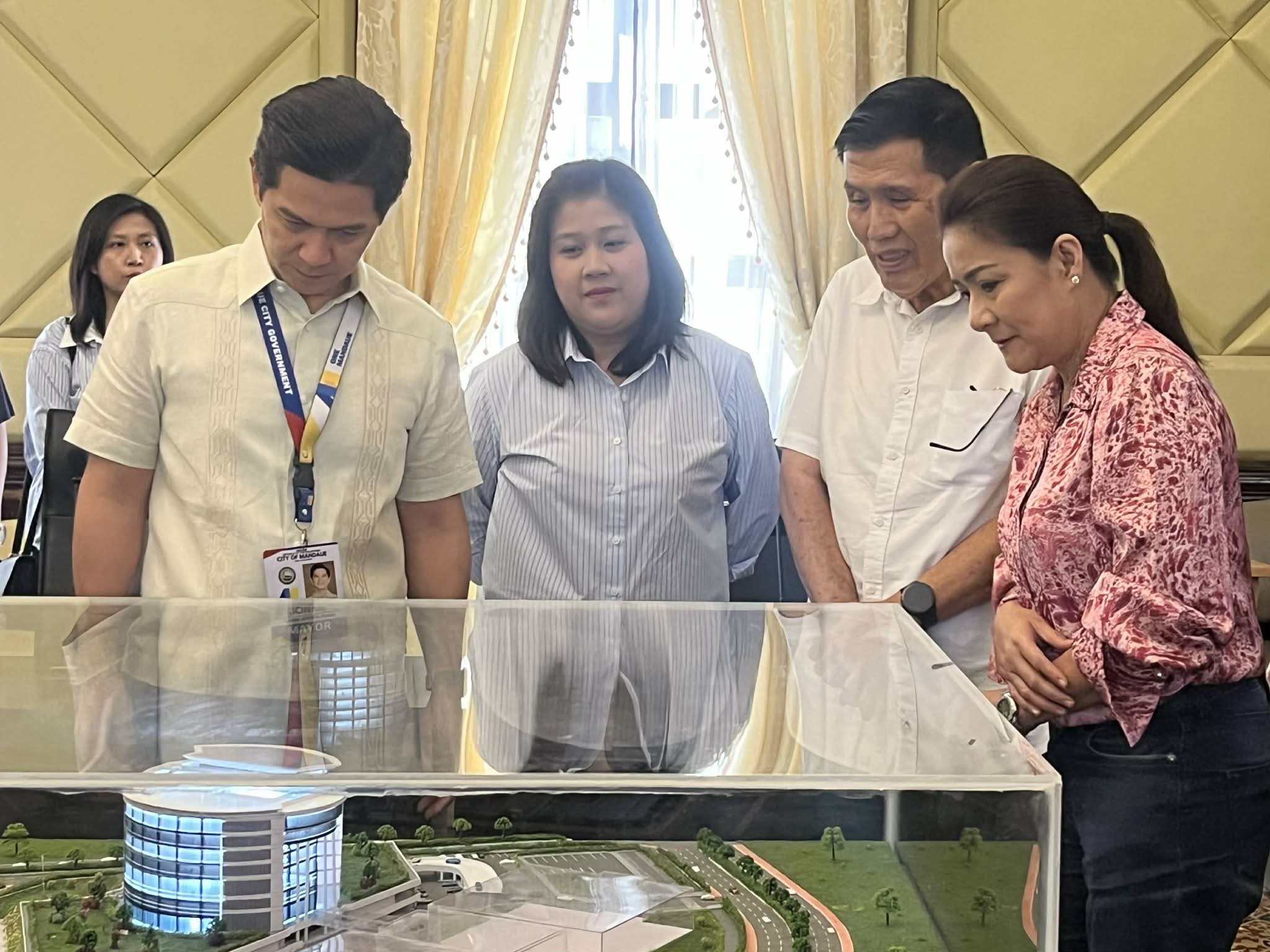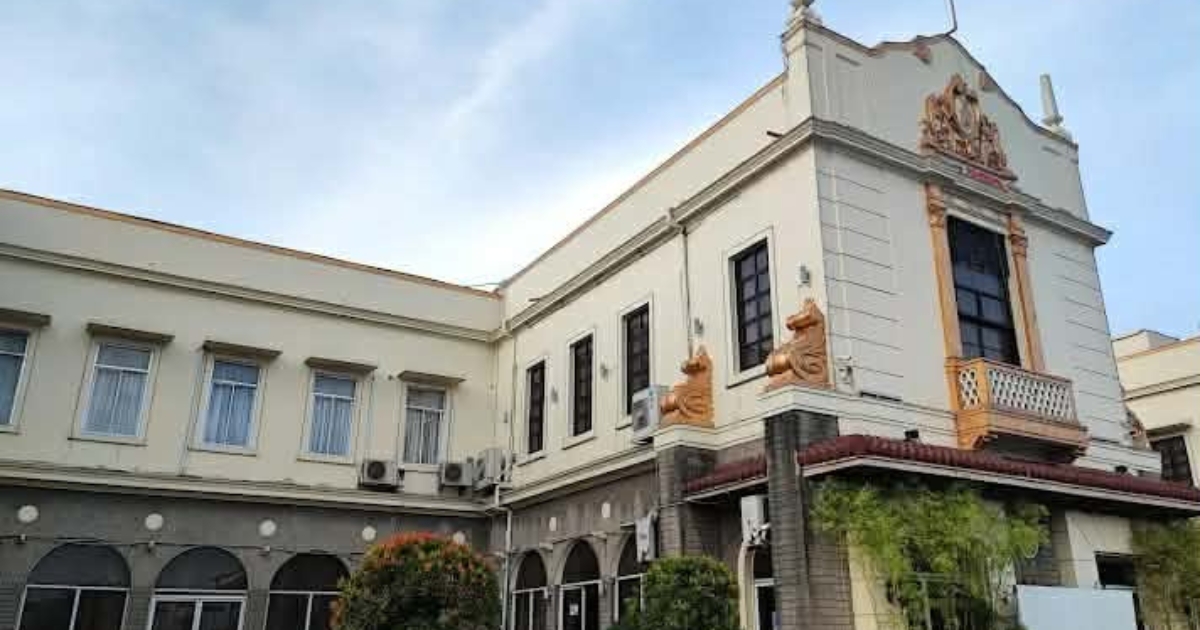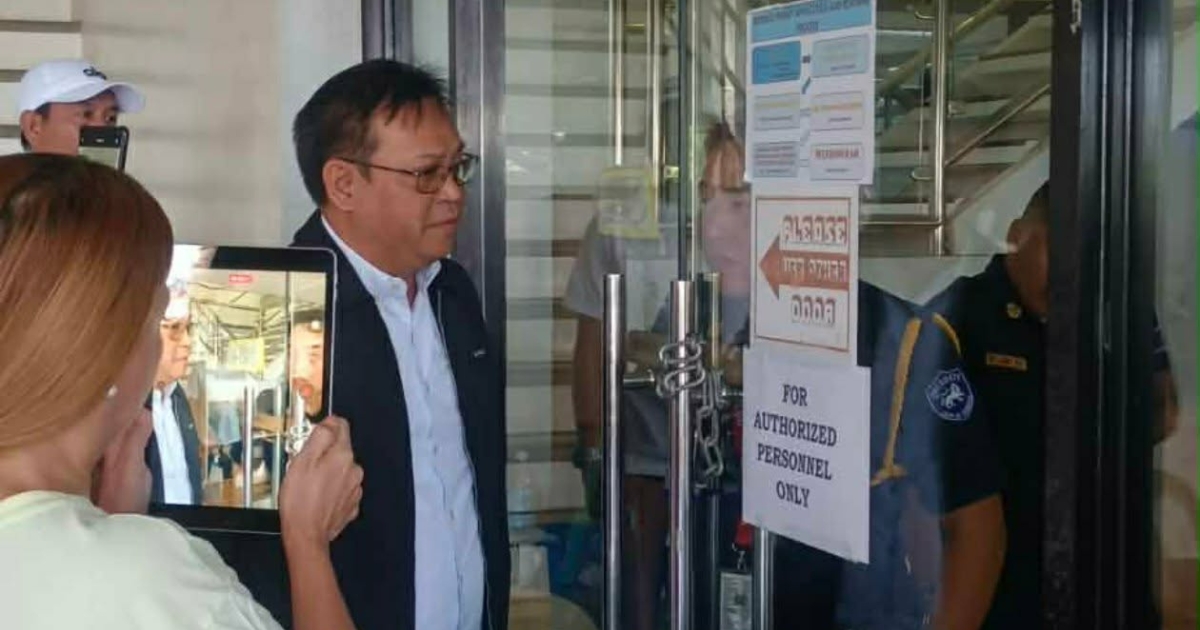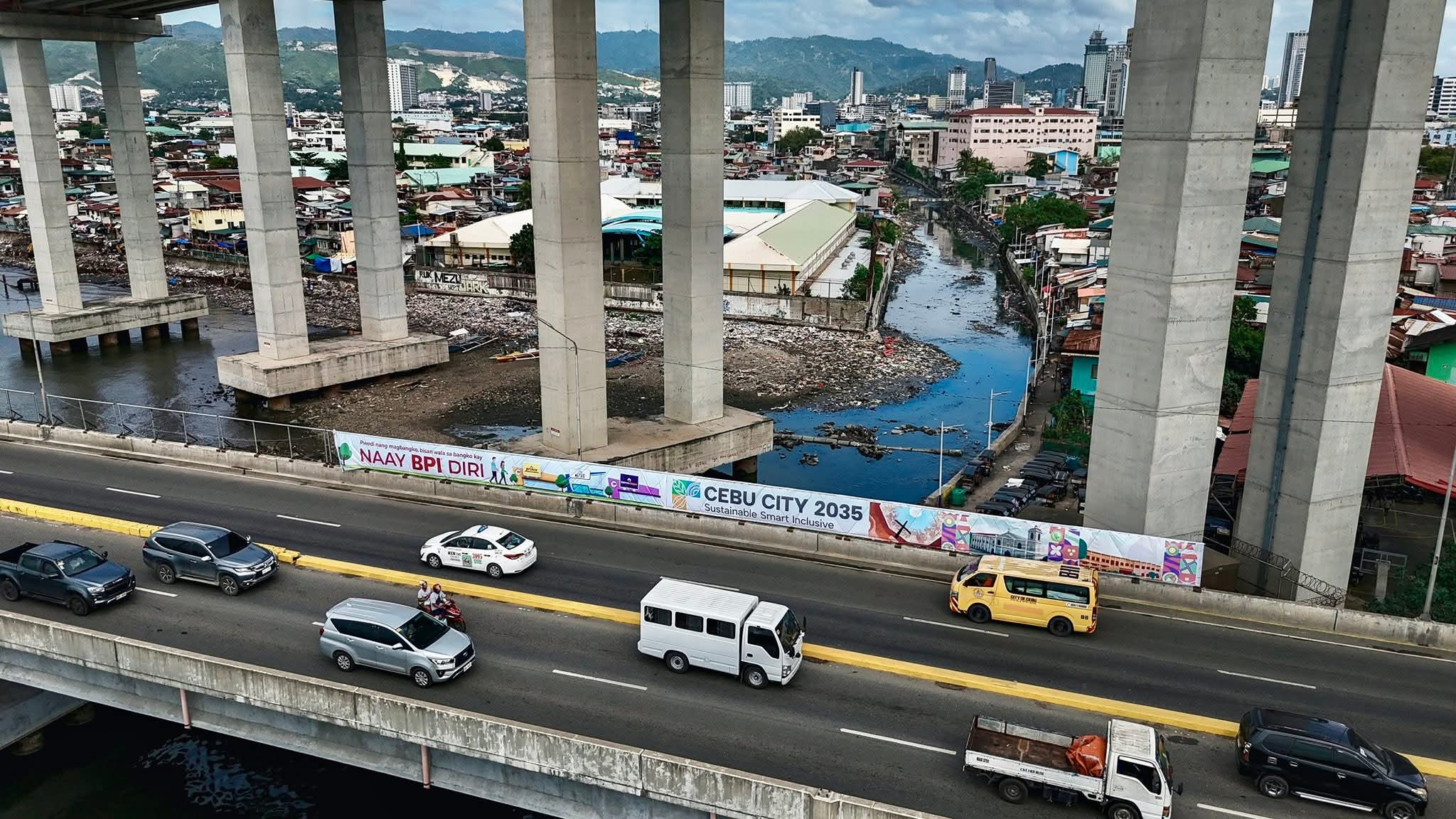The Philippines is set to chair ASEAN in 2026, projecting strength on the global stage with a “firm but calm” defense of its maritime territory. Yet, this high-stakes international ambition is constantly undermined by a massive domestic crisis: the Trillion-Peso corruption rot that has fractured institutional trust and driven the national currency to historic lows.
Late 2025 finds the nation navigating a severe convergence of crises, where domestic decay is actively undermining external policy. The story of the Philippines today is a paradox: a country demonstrating political will to tackle systemic rot, even as that rot drives its currency to a historic low.
The Governance Time Bomb
The most debilitating force at play is a sprawling governance integrity risk, centralized on a massive flood control infrastructure scandal. Allegations involve “ghost” projects, substandard construction, and the cornering of contracts, resulting in an estimated loss of over ₱1.04 Trillion since 2023, a sum equivalent to nearly five years of the country’s entire health budget.
This isn’t just an accounting issue; it’s a cultural flashpoint. The crisis has fueled a social backlash targeting the influential children of political families and contractors famously called as “nepo babies” who are perceived as flaunting their lavish wealth derived from public suffering. Public anger, often soundtracked by protest anthems, has rebranded the cycle of graft as “robs to riches,” generating urgent calls for fundamental political reform, including an anti-political dynasty law.
The scandal was amplified by the case of former lawmaker Zaldy Co, a figure tagged as a mastermind in the scheme. Despite an ongoing inquiry, Co successfully relocated substantial assets, including two helicopters and a Gulfstream jet, valued at approximately P4.7 billion, out of the country to Malaysia and Singapore. The ease and speed of this asset flight provided a visceral symbol of elite impunity, demonstrating how the wealthy and politically connected can slip past the legal framework, fundamentally institutionalizing the perception that the social contract is broken.
Fiscal Triage and Political Will
The sheer scale of the corruption forced President Ferdinand R. Marcos Jr. to publicly blame graft for the wave of faulty projects. His administration responded with political triage: transferring a crucial P255.55 billion earmarked for the DPWH flood control sector in the 2026 budget to other priority programs. This move was a tacit admission that the sector was too corrupt to manage the funds efficiently.
The government also took a strategic step toward cleaner governance by institutionalizing a total ban on Philippine offshore gaming operators (POGOs). President Marcos Jr. signed Republic Act (RA) 12312, declaring POGO operations illegal, citing that their “huge social costs outweigh ‘minimal’ economic contribution.” This decision, while costing potential revenue, serves as a crucial signal to international partners that the administration possesses the political will to tackle systemic crime where benefits are non-essential.
The Peso Tumbles: Corruption’s Price Tag
The domestic instability is now exacting a direct price on the economy. The Philippine Peso recently experienced a severe depreciation, sinking to a historic all-time low of ₱59.20 per US Dollar.
Crucially, the Bangko Sentral ng Pilipinas (BSP) officially confirmed the link between governance failure and macroeconomic volatility. The central bank stated that the currency weakness reflects “market concerns over a potential moderation in economic growth, driven in part by the infrastructure spending controversy.”
In effect, market players are now actively pricing in a “governance risk” premium. Capital markets are anticipating that money allocated for development will either be wasted on failed projects or, as demonstrated by the P255 billion fund transfer, be canceled altogether, leading to anticipated growth slowdowns.
Despite this pressure, the economy benefits from resilient external pillars, including robust foreign exchange inflows from Overseas Filipino Worker (OFW) remittances and the booming Business Process Outsourcing (BPO) sector. Furthermore, a relatively benign annual inflation rate of 1.7% provides the BSP with essential policy flexibility, confirming that the currency’s woes are rooted in capital flow and confidence issues, not monetary overheating.
A New Battleground: Ecocide in the West Philippine Sea
If the domestic crisis highlights the Philippines’ fragility, its approach to the South China Sea (West Philippine Sea) showcases a hardened resolve.
President Marcos Jr. has reaffirmed the nation’s strategy of defending its sovereignty “firmly but calmly.” This position was given a powerful, new dimension on October 24, when the Armed Forces of the Philippines (AFP) Western Command intercepted unauthorized foreign fishing activities near Ayungin Shoal (Second Thomas Shoal).
In a significant escalation, the AFP seized bottles containing suspected cyanide chemicals used for destructive fishing. Military officials confirmed that cyanide is a banned chemical that destroys coral reefs and poisons marine life—an act of ecocide in a critical marine habitat.
This incident shifts the narrative from a purely territorial dispute to a high-stakes matter of ecological warfare, representing a silent, devastating attack on the Philippines’ natural capital and food security. The physical evidence of systemic environmental destruction provides Manila with a powerful, morally resonant justification for its defense posture, which is likely to attract robust international support from environmental organizations and further isolate Beijing diplomatically.
This forceful, evidence-backed defense, coupled with the nation’s upcoming 2026 ASEAN Chairmanship, positions the Marcos administration to champion maritime rule of law, sustainable practices, and environmental security at the regional level.
The Road Ahead: Accountability is the Anchor
The Philippines in late 2025 is a study in contradiction. It is a nation preparing to lead Southeast Asia and stand up against powerful rivals abroad, yet it remains fundamentally destabilized by deep institutional decay at home.
The ultimate risk to the Philippines is no longer external; it is internal. While its external pillars such as the OFW remittances, BPO, and strategic alliances provide resilience, its long-term stability hinges entirely on its capacity to secure domestic trust. The true test of the administration’s resolve will be determined not by the words it exchanges with allies, but by the legal and political structures it can enforce to successfully prosecute the figures who have contributed to the Trillion-Peso corruption rot, recover the billions in stolen assets, and finally reverse the public’s pervasive sense of impunity. Until then, the nation’s future, its global aspirations perpetually held hostage by its domestic rot, hangs precariously in the balance.


